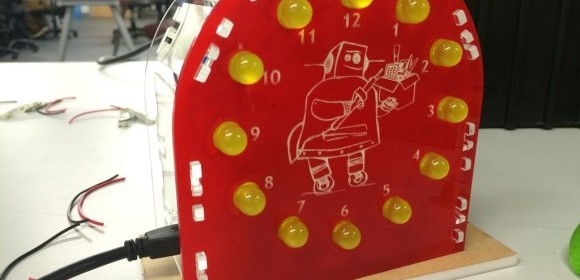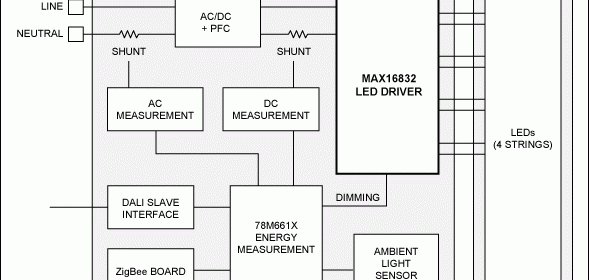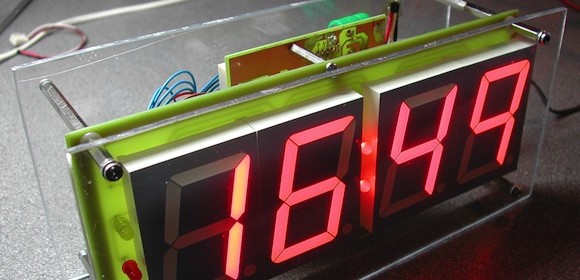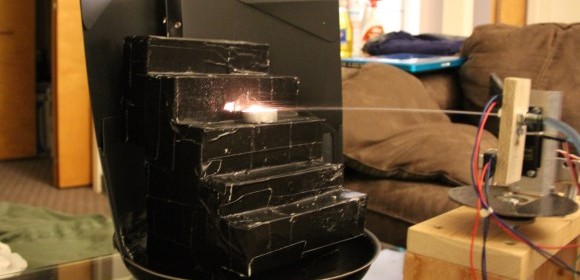Arduino LED clock

This Instructable describes building of a fun and very simple LED clock using Arduino that displays the time to the nearest half hour using LEDs.

This Instructable describes building of a fun and very simple LED clock using Arduino that displays the time to the nearest half hour using LEDs.

This Application Note from Maxim describes the implementation of ambient light sensing, communication, and energy measurement into LED lighting systems for energy conservation and lower operating costs. It explores the critical design considerations of adding ambient light sensing, communication (both wireless and powerline), and energy measurement to LED lighting systems. Reference design examples are also presented.
Ambient light sensing, communications, and energy measurement make up the critical components of an intelligent lighting system. Ambient light sensing allows lights to dim when other sources of light already light a space sufficiently. In addition, sensors that detect the color of ambient light permit color tuning of advanced RGB LED lighting systems. Communication permits remote control and central networking of both small and large lighting installations. Energy measurement provides accurate accounting of consumed power and system insight for predictive maintenance.

This 3-in-1 Beach Buddy is a solar charger, audio amplifier system, and sunburn timer calculator. Based on your skin type and the Sun protection factor (SPF) of the sunscreen you are using, the Beach Buddy computes your allowed time in the sun before SPF reapplication is needed.

This DIY digital clock plus thermometer is designed by Joe Farr and is based on PIC18F25K22 microcontroller. The complete construction details of this project including circuit diagrams, PCB layouts and PIC firmware are posted in his website. He developed his firmware using Proton PIC BASIC compiler, which is available for download for free for this particular PIC microcontroller. He uses DS1302 RTC for timekeeping and DS18B20 for temperature measurement. The temperature and time are displayed on four 2″ seven segment LED displays.

Trevor Slaton and Dawn Xiang, students from Cornell University, designed this autonomous fire extinguisher that is capable of detecting fires through photo sensors and aiming a water nozzle along two axes to extinguish the fires. Their prototype can detect and extinguish candle fires from about 1 ft. away. Their system uses two servo motors to control the vertical and horizontal position of the water nozzle and a water pump to send out a burst of water from the nozzle. The ATmega1284p microcontroller is used to control the pump as well as the servos.